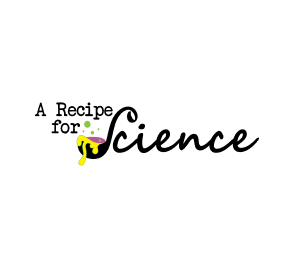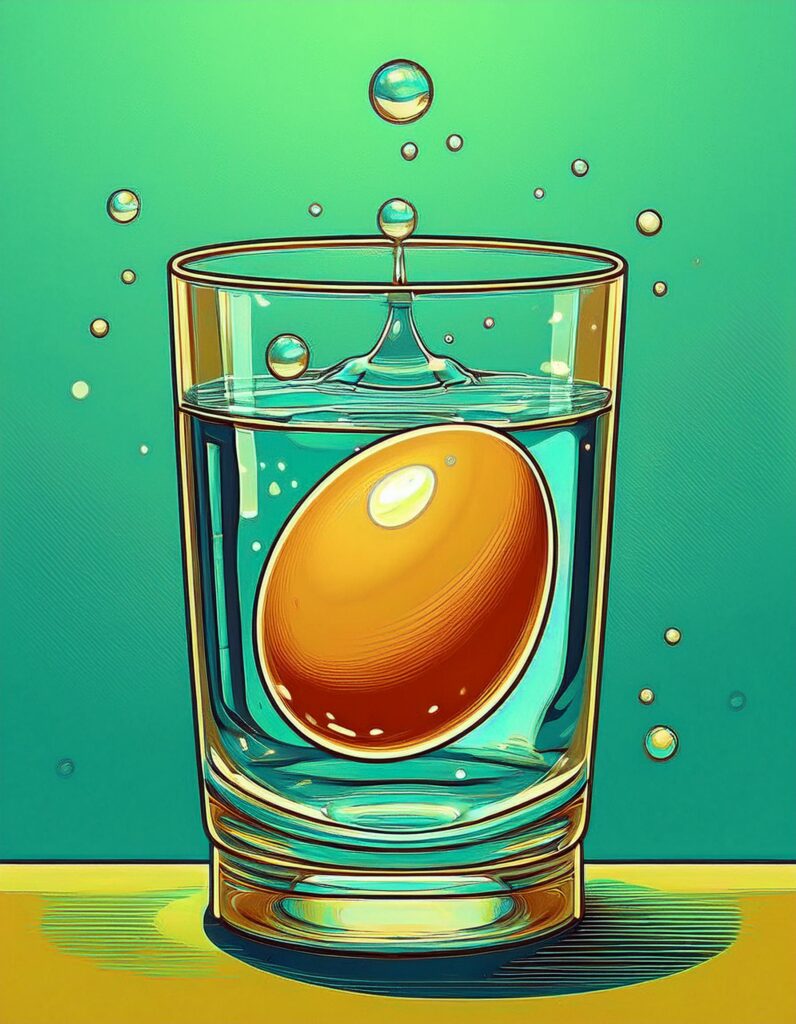



Welcome to a world where eggs don't just sit in a carton! Today, we're diving into a simple but fascinating experiment that you can try at home with your little scientists. It's the Floating Egg experiment—a fun way to learn about density and buoyancy without needing a lab coat.
Here's the scoop: we'll take an ordinary egg and make it do something extraordinary—float in water! But not just any water; we'll mix in a secret ingredient that changes everything. Ready to find out what it is? Let's get cracking!
The science behind this spectacle is all about density. Density is a measure of how much stuff is packed into a certain space. In this experiment, we're comparing the density of an egg with that of water. Normally, eggs sink in plain water because they are denser. But by adding salt, we increase the water's density, and voilà—the egg floats! This is a fantastic demonstration of principles from physics and chemistry, showing how different substances interact based on their properties.
This experiment is perfect for kids aged 7 and up, with adult supervision to handle the materials. You'll need about 10 minutes to set up, and the results are immediate—watch as the egg starts to float within minutes of adding the salt!
So, gather your materials (or their substitutes), and let's make science fun and accessible right in your kitchen. Who knew learning could be so egg-citing? Happy experimenting!
Click here for the full experiment details. Checkout the main website: Science Fun for Everyone!
Get experimenting!
Feed your knowledge.
Come back for more recipes for science!